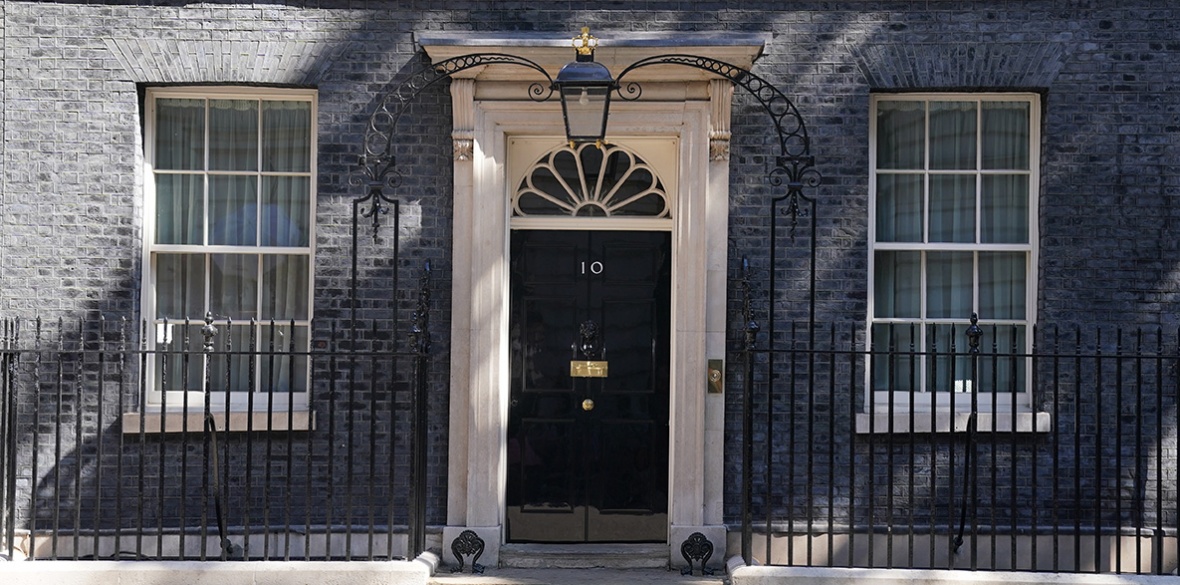THE Conservative Party is, without qualification, the most successful political party in Britain.
For most of its history it has proved to be the united political expression of the political and economic interests of the dominant classes in British society.
Where those interests have diverged — and the formidable class unity and discipline of the rich has been under strain — it has been blessed with the good fortune to be opposed by parties like the Liberals and today the Lib Dems, that while they might differ on matters of social policy, rarely depart from a defence of capital often no less ferocious than the Tories’.
And where Labour has usurped the role of the Liberals as the main party of opposition it has mostly been led by people who have as little taste as the Liberals for challenging the powers and prerogatives of the rich.
A clear indication of the the persistence of this tendency in Labour is the fact that even after a section of the Labour right broke away to form the Social Democratic Party enough of the pressure exerted by capitalist ideas and imperialist ideology existed to ensure the dominance of Blair and Brown’s New Labour tendency that resulted in immoral wars, the loss of millions of working-class votes and the Con-Dem coalition government.
Boris Johnson’s genius was — despite the division among our rulers over membership of the EU — to capitalise on the disillusion in working-class areas to get a Tory Brexit rather than the version which could be discerned in Jeremy Corbyn’s 2017 election manifesto.
The extent to which our ruling class has found a sense of unity over the Brexit question is demonstrated by the fact, discomfiting as it is for the naive, that even Remainers in the Tory leadership contest appear as devoted to the actually existing Brexit as is Keir Starmer.
The presently subterranean issue which divides Tories — and which is beginning to emerge in a crowded field — is the extent to which a revived austerity strategy to deal with British capitalism’s particular set of problems has any chance of convincing a political majority of voters.
By some accounts Rishi Sunak is presently leading the pack. But for the richest man in Parliament to head a chancery in which the organised impoverishment of electors is a central policy is not a good look.
As the deluded, demonic and downright dumb are eliminated from the runners we should anticipate a realignment among the contending tendencies in the parliamentary Tory Party in a search for a candidate who can present a convincing solution to this problem.
Jeremy Hunt, the arch privatiser of the NHS, thinks this might be him. Liz Truss is not the only contender who thinks cosplaying an idealised version of Margaret Thatcher will get her elected.
An additional problem for the Tories is that the final decision on who shall lead them is a party membership that in age, social class, political opinion and social outlook is so far detached from how the British people see themselves that they might as well be an alien species from a faraway planet.
When even a majority of Tory voters think that public utilities and transport should be run in public ownership, it takes the united efforts of the whole political class and the mass media to keep this out of the policy debate.
If our ruling class is displaying signs of disunity this is a time for the working-class movement to put into the struggle for power the political and organisational unity on display in Durham over the weekend.











